The UN Security Council has rejected a resolution from Russia and China to delay the reimposition of sanctions on Iran, set to take effect on September 27, 2025. The resolution failed to garner the necessary nine votes, receiving four in favor, nine against, and two abstentions. This decision follows the activation of the JCPOA’s “snapback” mechanism, which reinstates sanctions if a party is found significantly non-compliant.
The sanctions, lifted under the 2015 JCPOA, include freezing Iranian assets abroad, banning arms deals, and penalizing Iran’s ballistic missile development. These measures are expected to exacerbate Iran’s economic struggles and heighten tensions between Iran and Western nations.
Iran’s President, Masoud Pezeshkian, condemned the Security Council’s decision as “unfair, unjust, and illegal.” He criticized the U.S. and European countries for undermining diplomatic efforts and misrepresenting Iran’s nuclear program. Foreign Minister Abbas Araghchi echoed these concerns, accusing Western powers of contributing to escalating tensions through misinformation about Iran’s peaceful nuclear endeavors.
In reaction to the impending sanctions, Iran has threatened to terminate its agreement with the IAEA, which allows inspections of its nuclear facilities. Araghchi stated that the agreement would only remain valid if hostile actions, such as the sanctions “snapback,” do not occur against Iran. Although the IAEA currently has inspectors in Iran, the future of their inspections is uncertain amid the rising tensions.
The reimposition of sanctions marks a significant escalation in the ongoing dispute over Iran’s nuclear activities, as the international community continues to grapple with how best to address the situation, balancing diplomatic efforts with the backdrop of renewed sanctions.

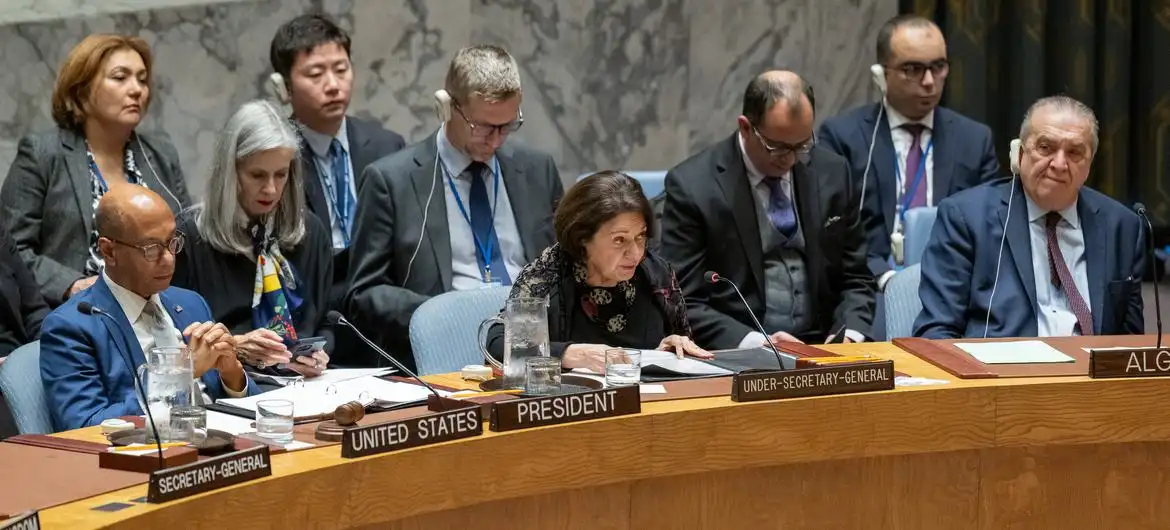

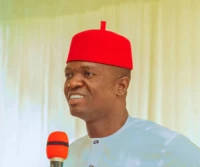
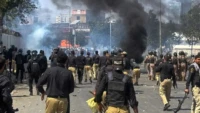
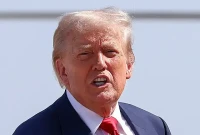

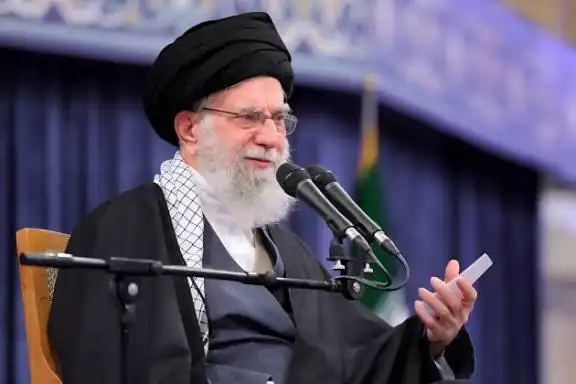
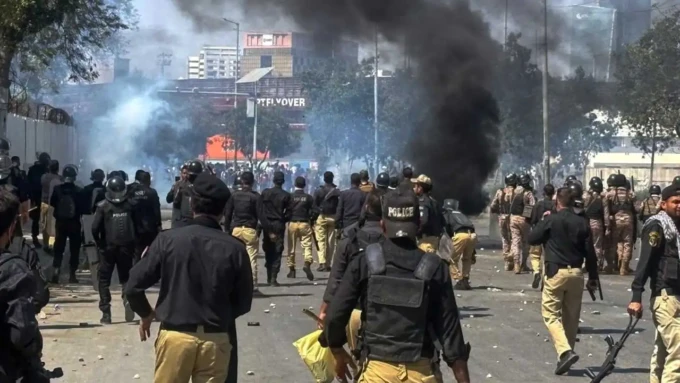

I cant believe some countries are still delaying sanctions on Irans nuclear program. Its a serious issue that needs immediate action!
Why are we still relying on sanctions to deal with nuclear issues? Isnt there a better approach? Lets discuss!
I cant believe Russia and China tried to delay Iran nuclear sanctions! What are they thinking? UN Security Council made the right call.
Cant believe Russia and China are trying to delay Iran nuclear sanctions! Whats their angle here? Suspicious much? #UNSC #IranNuclear